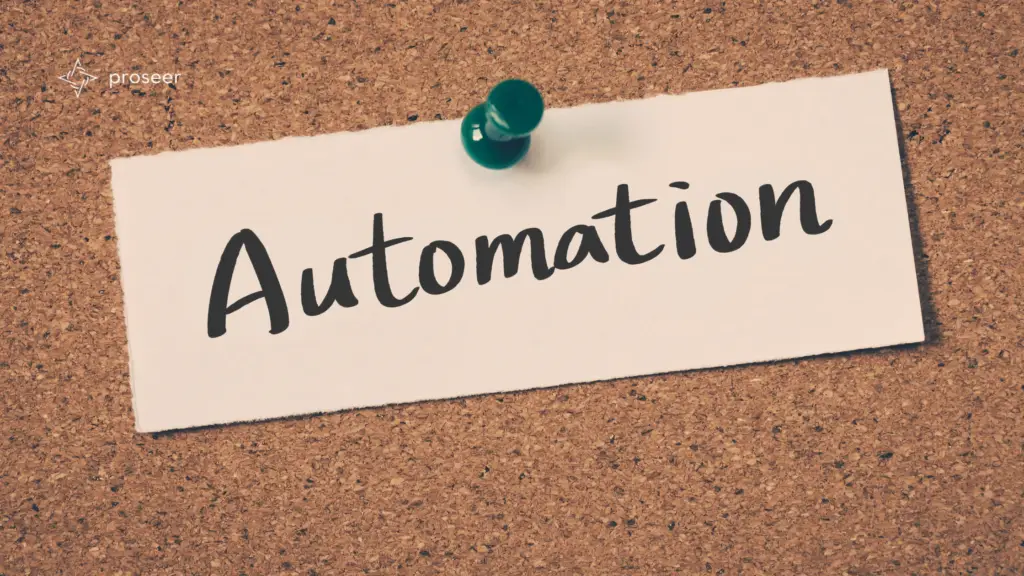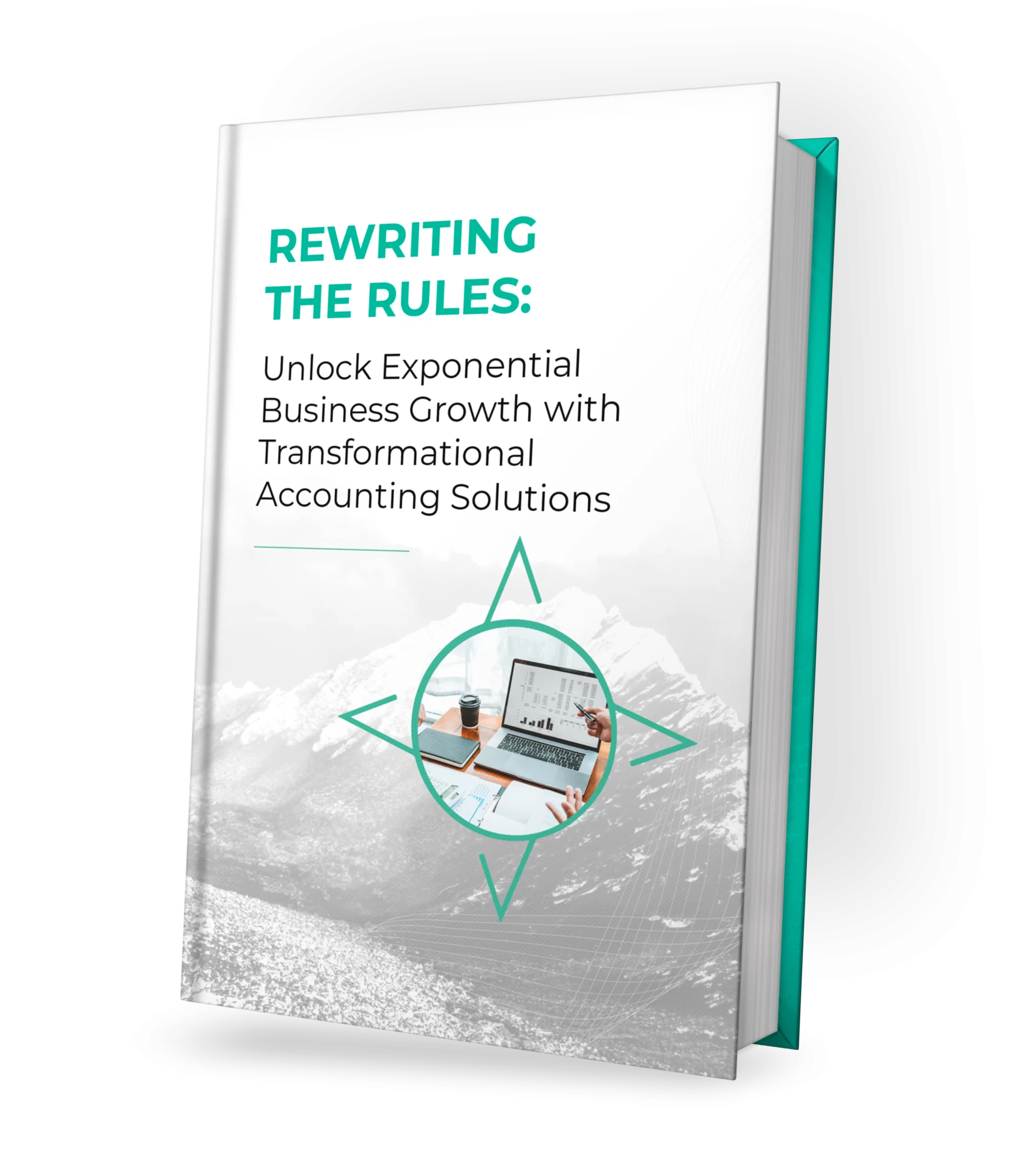Process automation can be a useful tool in any businesses tool chest to streamline operations and reduce internal redundancies. No matter how few hours in the day there seem to be, there’s no escaping the routine “must-do” financial tasks of running a business—and pushing them to the backburner is not a prudent option. Even if time or energy are better spent on growth and innovation, the truth is that processing invoices, billing clients, and performing other finance and accounting functions are necessary for the proper organization and successful operation of any company.
Fortunately, by harnessing the power of process automation, businesses can free up more time typically spent on routine tasks and reinvest it back into the company in ways that support development and expansion.
Why is Automation Important for Accounting?
Though automation is a useful tool across departments, implementing it specifically for accounting purposes eliminates many of the repetitive, time-consuming tasks associated with running a business. Accounting is an area where the same tasks tend to be performed over and over, on a daily or at least regular basis. By employing the right software that targets these routine functions, companies will have the ability to hone in on growth initiatives, and make growth transitions more easily with platform that scales with them.
Why Implementing Process Automation is Worthwhile
Statistics reveal that 73% of finance leaders believe that automation is the key to improving efficiency, as well as increasing employee bandwidth for more valuable responsibilities. Indeed, this is sound reasoning, particularly as companies become larger and more established. Juggling too many manual processes results in increased costs, and can detract from other important areas, such as customer relations, marketing and sales strategy, and pursuing big-picture business goals.
The good news is that by using a best-in-class software to automate accounting duties, companies can benefit in multiple ways that make up for the costs of implementation.
1. Save More Time
By shaving down the number of items that need to be completed manually, businesses can take advantage of increased availability and flexibility. More time saved ultimately means greater opportunity for improving products and services, profitability, and the business as a whole. In short: time saved means that the business can be worked on rather simply worked in (i.e. putting out fires, tackling rote tasks).
2. Avoid Costly Errors
When all accounting is performed manually, errors may be more easily made than when some of the work is automated. Examples include miscalculating profits or cash flow, mixing up business and personal expenses, and making data entry errors, such as duplicating an entry or mistyping an amount.
3. Streamline & Consolidate
Streamlining and consolidation make the accounting process far more efficient, not only by way of time savings but by organization. When documentation is stored conveniently in one centralized location, it takes less time to access, and ultimately helps to prevent lost or misplaced information.
4. Improve Cash Flow Management
Proper cash flow management is crucial for understanding a business’s financial health for reasonable spending and budgeting. Since automation software promotes greater real-time data visibility (and often, greater accuracy), companies can better gauge their financial standing to set reasonable goals.
For these benefits and more, process automation may be well worth the investment for your company. Contact us to learn more about how automation software can support your business’s goals.

